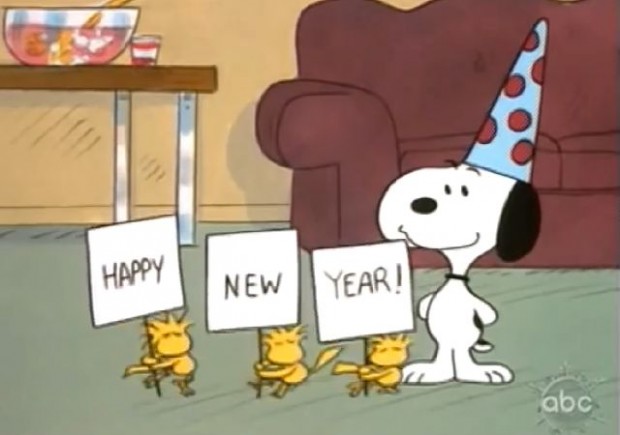jueves, 5 de junio de 2014
martes, 20 de mayo de 2014
SOME and ANY
Activities 1
HERE you have more activities 2
From http://www.englishexercises.org/
HERE there are some GAMES for you to practise
HERE you have more activities 2
From http://www.englishexercises.org/
HERE there are some GAMES for you to practise
jueves, 15 de mayo de 2014
Countable and uncountable nouns
The difference between countable and uncountable nouns
Countable nouns can be counted (a/one book, two books, a lot of books), while uncountable nouns cannot (a/one news, two freedoms). Therefore, uncountable nouns only have singular forms and are followed by singular verbs. We should bear in mind that, even though a noun is uncountable in English, the word for it in another language may well be countable, and vice versa. When in doubt, one should always consult a dictionary. However, certain kinds of nouns are usually countable or uncountable in English:
Countable nouns
people (a teacher, a child, a gentleman)
animals (a butterfly, an elephant, a whale)
plants (a flower, a bush, a tree)
physical objects (a bag, a pen, a mountain)
units (a litre (of), a kind of, a part of, a family, a village, a word)
Uncountable nouns
abstract ideas (love, death, beauty)
gases (smoke, air, steam)
liquids (water, milk, blood)
substances and materials (wood, iron, fabric)
other substances consisting of many small particles (sugar, rice, sand)
For diagrams and quotes related to this topic, check out our e-book The Grammaring Guide to English Grammar.
CLICK HERE to learn more about it
HERE you have some exercices and GAMES
Countable nouns can be counted (a/one book, two books, a lot of books), while uncountable nouns cannot (a/one news, two freedoms). Therefore, uncountable nouns only have singular forms and are followed by singular verbs. We should bear in mind that, even though a noun is uncountable in English, the word for it in another language may well be countable, and vice versa. When in doubt, one should always consult a dictionary. However, certain kinds of nouns are usually countable or uncountable in English:
Countable nouns
people (a teacher, a child, a gentleman)
animals (a butterfly, an elephant, a whale)
plants (a flower, a bush, a tree)
physical objects (a bag, a pen, a mountain)
units (a litre (of), a kind of, a part of, a family, a village, a word)
Uncountable nouns
abstract ideas (love, death, beauty)
gases (smoke, air, steam)
liquids (water, milk, blood)
substances and materials (wood, iron, fabric)
other substances consisting of many small particles (sugar, rice, sand)
For diagrams and quotes related to this topic, check out our e-book The Grammaring Guide to English Grammar.
CLICK HERE to learn more about it
HERE you have some exercices and GAMES
jueves, 24 de abril de 2014
Prepositions of Place
lunes, 21 de abril de 2014
Places in town
Repasa el vocabulario AQUÍ
Look at the picture:
HERE you have more vocabulary
If you want to learn more vocabulary, here you will find some activities:
Activity 1
Activity 2
Look at the picture:
HERE you have more vocabulary
If you want to learn more vocabulary, here you will find some activities:
Activity 1
Activity 2
martes, 1 de abril de 2014
jueves, 27 de marzo de 2014
Present Continuous:
HERE you have a funny GRAMMAR VIDEO
Here you have more exercices
Present Simple or Present Continuous
Now you can practise with this picture:
martes, 25 de marzo de 2014
jueves, 20 de marzo de 2014
What's the weather like?
lunes, 10 de febrero de 2014
Talking about SPORT
When do we use PLAY, GO or DO a sport?
Usually, you don't use "practise" when talking about sport. The three verbs you should normally use when talking about sport are: "play", "go" and "do". Mick explains when you use one or the other:
Now you can practise HERE
HERE you have more activities about Sport Vocabulary.
martes, 7 de enero de 2014
lunes, 6 de enero de 2014
Let's start again...
Tell us what your daily routines are:
(You can use this vocabulary)
Now listen to the video and learn more about your daily routines:
HERE you have some activities
More exercices? Click HERE
What does Mr. Bean do?
More about daily routines
(You can use this vocabulary)
Now listen to the video and learn more about your daily routines:
HERE you have some activities
More exercices? Click HERE
What does Mr. Bean do?
More about daily routines
Suscribirse a:
Comentarios (Atom)


.jpg)

